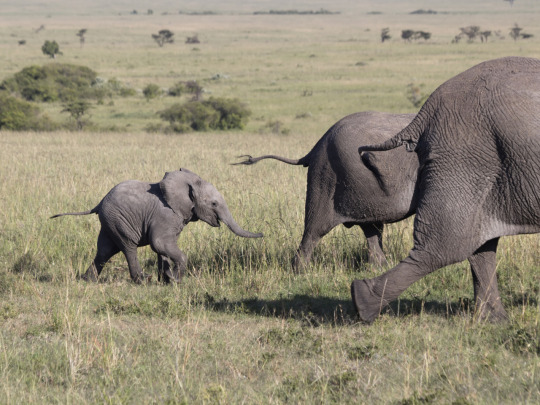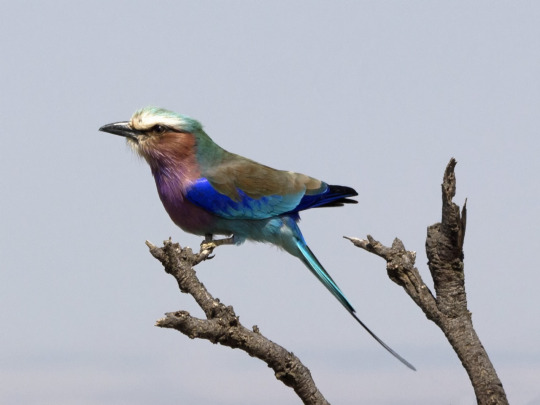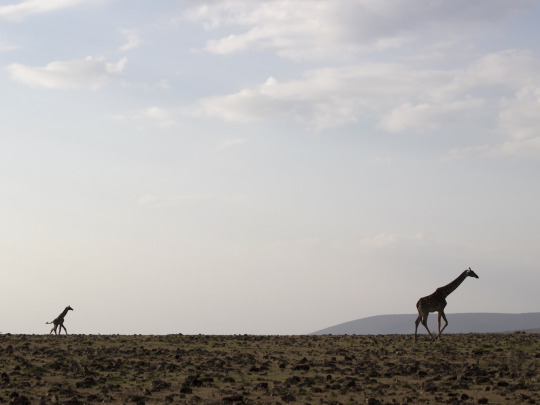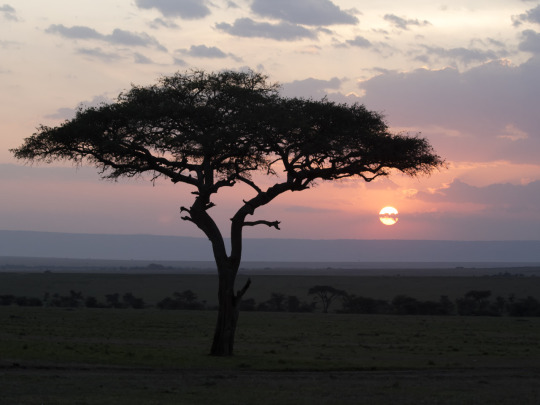#Kenya news
Link
Kipchumba Murkomen opens up on his KSh 50k belt, KSh 900k watch: "I want to be honest" https://kenyastax.com/kipchumba-murkomen-opens-up-on-his-ksh-50k-belt-ksh-900k-watch-i-want-to-be-honest/
0 notes
Text
Reject Finance Bill Protests: Impact and Aftermath in Kenya
Get Exclusive Insights on Music, Film, Books, Media & Culture by Subscribing to our Magazine.
Type your email…
Subscribe
Reject Finance Bill Protests: Impact and Aftermath in Kenya
June 26, 2024
By George Robert Asewe
Founder The Music Advocate Africa
#BreakingTheSilence
“Facing the music” is an idiomatic expression that means accepting the consequences of one’s actions, especially when…

View On WordPress
0 notes
Text
Exclusive: Tongoa Weekly Round Up
Dear subscriber,
We apologize for not giving or writing the weekly review last weekend bare with us, in today’s review we start we the news that shocked many as Raila and Ruto met and made Truce now what next for them we have also prepared you with other hit head news updates take a look.
1.Ruto and Odinga Unite in Bid for AU Commission Chairmanship,2. Faith Odhiambo Elected President of Law…

View On WordPress
#kenyapolitics#newsupdates#Raila#dailyprompt#dailyprompt-1908#dailyprompt-2164#government#Kawira#Kenya news
0 notes
Text
youtube
#All You Need to Know About the President of Kenya - DR. WILLIAM RUTO#william ruto#kenya president#william ruto interview#kenya new president#kenya#africa#african leaders#most protected african president#east africa#uhuru kenyatta#raila odinga#african politics#kenyan news today#kenya news#kenyan latest news#sabc news#news today kenya#Youtube
0 notes
Text
33-year-old Ugandan marathon athlete Rebecca Cheptegei, who competed in this summer's Paris Olympic Games, has been killed by her ex-boyfriend. He doused her in petrol, set her on fire and burned her alive when she came back from church with her two daughters.
Gender-based violence is a major concern in Kenya, where Cheptegei lived and worked. In 2022, at least 34% of women in Kenya said they had experienced physical violence, according to a national survey.
Her death comes after the killings of fellow East African athletes Agnes Tirop in 2021 and Damaris Mutua in 2022, with their partners identified as the main suspects in both cases by the authorities.
Our thoughts are with her family, who are left without their loving relative and the family's main breadwinner.
#rebecca cheptegei#olympic games#sports#sports news#femicide#death tw#feminism#💬#uganda#kenya#marathon
1K notes
·
View notes
Text
Nairobi City Plunges into Darkness: A Rare Glimpse at the Impact of a Power Outage
The city of Nairobi, Kenya, experienced a sudden and unexpected power outage recently, plunging millions of residents into darkness. The situation was chaotic and disorienting, leaving the city’s streets eerily quiet and still. In this exclusive footage, we take you through the aftermath of the power failure and show you how people are coping with the sudden disruption.
The power outage caught…

View On WordPress
#African Cities#African Infrastructure#Backup Generators#Blackout#City Emergency#City Life#Community Impact#Critical Facilities#Daily Life#Disaster Response#Electrical Infrastructure#Electrical Outage#Electricity Failure#Emergency Power#Emergency Services#Energy Crisis#Energy Security#Infrastructure Failure#kenya news#Nairobi City#Power Failure#Power Grid#Power Outage#Public Safety#Public Services#Technology Dependence#Technology Failure#Urban Disruption#Urban Life
0 notes
Text
#hs code 6815#import shipment data of kenya#kenya hs code#kenya trade data#kenya news#hs code for export#hs code for import
0 notes
Text
African poverty is partly a consequence of energy poverty. In every other continent the vast majority of people have access to electricity. In Africa 600m people, 43% of the total, cannot readily light their homes or charge their phones. And those who nominally have grid electricity find it as reliable as a Scottish summer. More than three-quarters of African firms experience outages; two-fifths say electricity is the main constraint on their business.
If other sub-Saharan African countries had enjoyed power as reliable as South Africa’s from 1995 to 2007, then the continent’s rate of real GDP growth per person would have been two percentage points higher, more than doubling the actual rate, according to one academic paper. Since then South Africa has also had erratic electricity. So-called “load-shedding” is probably the main reason why the economy has shrunk in four of the past eight quarters.
Solar power is increasingly seen as the solution. Last year Africa installed a record amount of photovoltaic (PV) capacity (though this still made up just 1% of the total added worldwide), notes the African Solar Industry Association (AFSIA), a trade group. Globally most solar PV is built by utilities, but in Africa 65% of new capacity over the past two years has come from large firms contracting directly with developers. These deals are part of a decentralised revolution that could be of huge benefit to African economies.
Ground zero for the revolution is South Africa. Last year saw a record number of blackouts imposed by Eskom, the state-run utility, whose dysfunctional coal-fired power stations regularly break down or operate at far below capacity. Fortunately, as load-shedding was peaking, the costs of solar systems were plummeting.
Between 2019 and 2023 the cost of panels fell by 15%, having already declined by almost 90% in the 2010s. Meanwhile battery storage systems now cost about half as much as five years ago. Industrial users pay 20-40% less per unit when buying electricity from private project developers than on the cheapest Eskom tariff.
In the past two calendar years the amount of solar capacity in South Africa rose from 2.8GW to 7.8GW, notes AFSIA, excluding that installed on the roofs of suburban homes. All together South Africa’s solar capacity could now be almost a fifth of that of Eskom’s coal-fired power stations (albeit those still have a higher “capacity factor”, or ability to produce electricity around the clock). The growth of solar is a key reason why there has been less load-shedding in 2024...
Over the past decade the number of startups providing “distributed renewable energy” (DRE) has grown at a clip. Industry estimates suggest that more than 400m Africans get electricity from solar home systems and that more than ten times as many “mini-grids”, most of which use solar, were built in 2016-20 than in the preceding five years. In Kenya DRE firms employ more than six times as many people as the largest utility. In Nigeria they have created almost as many jobs as the oil and gas industry.
“The future is an extremely distributed system to an extent that people haven’t fully grasped,” argues Matthew Tilleard of CrossBoundary Group, a firm whose customers range from large businesses to hitherto unconnected consumers. “It’s going to happen here in Africa first and most consequentially.”
Ignite, which operates in nine African countries, has products that include a basic panel that powers three light bulbs and a phone charger, as well as solar-powered irrigation pumps, stoves and internet routers, and industrial systems. Customers use mobile money to “unlock” a pay-as-you-go meter.
Yariv Cohen, Ignite’s CEO, reckons that the typical $3 per month spent by consumers is less than what they previously paid for kerosene and at phone-charging kiosks. He describes how farmers are more productive because they do not have to get home before dark and children are getting better test scores because they study under bulbs. One family in Rwanda used to keep their two cows in their house because they feared rustlers might come in the dark; now the cattle snooze al fresco under an outside lamp and the family gets more sleep.
...That is one eye-catching aspect of Africa’s solar revolution. But most of the continent is undergoing a more subtle—and significant—experiment in decentralised, commercially driven solar power. It is a trend that could both transform African economies and offer lessons to the rest of the world."
-via The Economist, June 18, 2024. Paragraph breaks added.
#one of the biggest stories of this century is going to be the story of the African Renaissance#I promise you#well preferably they'll come up with a non-European term for it lol#but trust me it WILL happen and it will be SO good to see#africa#south africa#nigeria#kenya#solar#solar power#solar panels#solar pv#energy#clean energy#poverty#electrification#distributed energy#electricity#infrastructure#hope#solarpunk#good news#solar age#<- making that a tag now
410 notes
·
View notes
Text
#tiktok#tik tok video#no justice no peace#environmental activism#news#share#reblog#self help Africa#kenya news#drought
0 notes
Text

Sugarcane is a widely grown crop in the Nile Basin, but its destructive effects on soils, water resources and biodiversity have become increasingly apparent.
As the thirsty crop draws down water resources, aquatic species like the critically endangered Nubian flapshell turtle suffer a loss of habitat, forage and nesting sites.
In an effort to revive soils, diversify diets and incomes, and boost water levels that many animals rely on, communities are implementing agroforestry projects in lieu of monocultures.
The resulting “food forests” attract an array of wildlife while refilling wetlands and river systems where the culturally important flapshell turtles swim.
#good news#nile river#africa#kenya#nubian flapshell turtle#food forest#restoration#turtles#agroforestry#environmentalism#science#environment#nature#animals#conservation#sugarcane
572 notes
·
View notes
Text
Tongoa Media Weekly Review
1.Embakasi Tragedy: Gas Plant Owner and Officials Arrested Following Fatal Explosion2.Former Treasury Chief Henry Rotich Declines Senior Advisor Role in Ruto’s Office3.Joseph Irungu Convicted of Monica Kimani Murder; Jacque Maribe Acquitted4.Mbeere North Shocked as Teacher’s Love Tragedy Ends in Suicide5. High Court Temporarily Blocks eCitizen School Fee Payments6. DCI Seizes Massive Bhang Haul;…

View On WordPress
0 notes
Text
Femicide in Kenya: Protesters decry rising violence against women
youtube
The killing of more than a dozen women in Kenya this month is causing an outcry. Protesters have marched in major cities calling for more protection for women and girls.
Al Jazeera’s Fintan Monaghan reports.
310 notes
·
View notes
Text

2024 Kenya Finance Bill protests.
104 notes
·
View notes
Text





I mostly stayed close to home in Arizona in 2023, except for a giant amazing trip to Kenya in July. These are five of my favorite photos from the trip, for this year's Gray-Card Memorial Top Five:
Baby elephant, keeping up
Lions together
Lilac breasted roller
Mother and baby giraffe
Sunset acacia
I feel lucky to have seen these things, and would remember them anyway... but it's awfully nice to have pictures to look back on.
Happy new year, Tumblr.
#top five#gray-card memorial top five#2023#happy new year#photographers on tumblr#textless#amadee ricketts#kenya#animal#giraffe#babies#sihouette#lion#bird#lilac breasted roller#elephant#running#cute#sunset#sky#tree#acacia#masai mara
160 notes
·
View notes